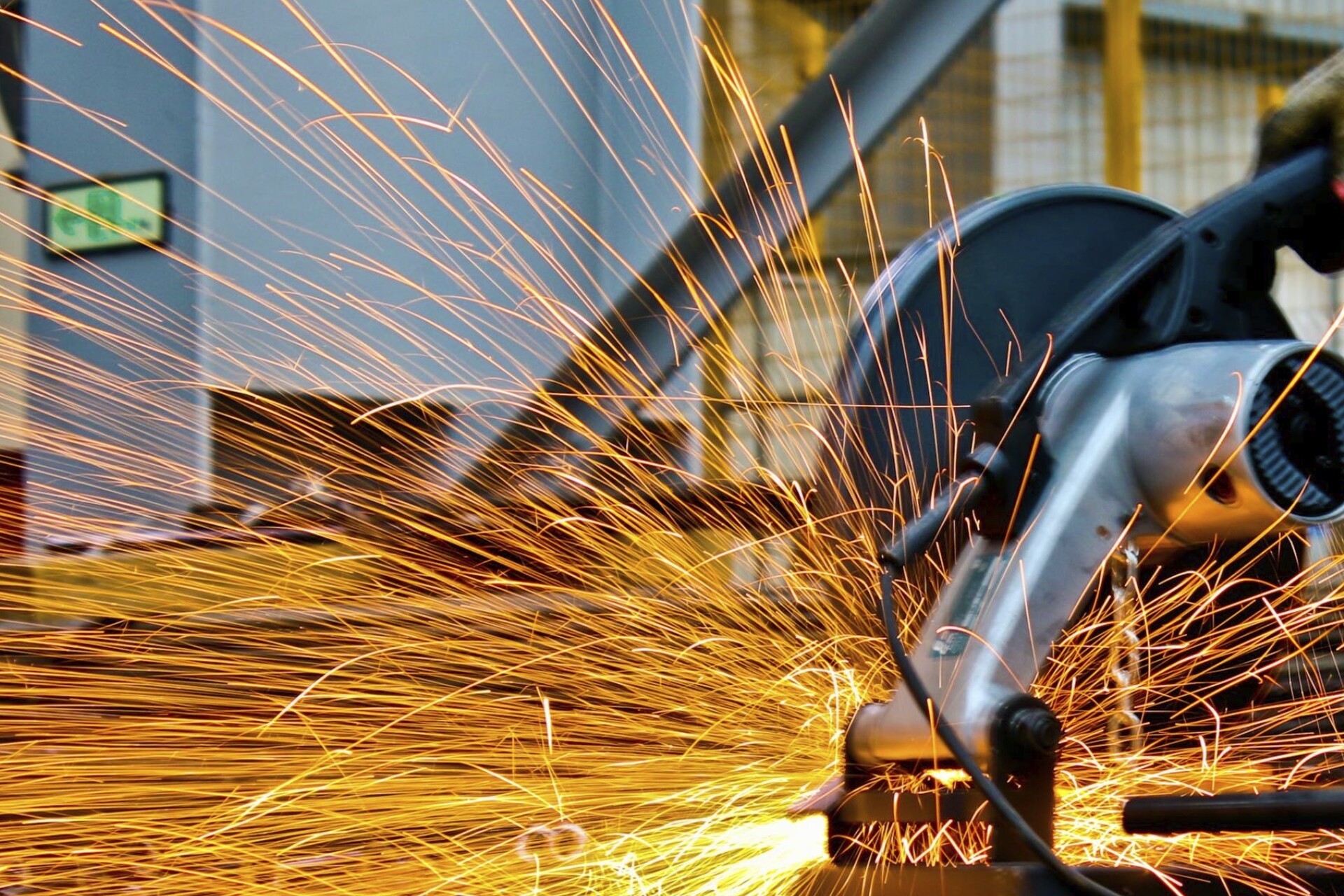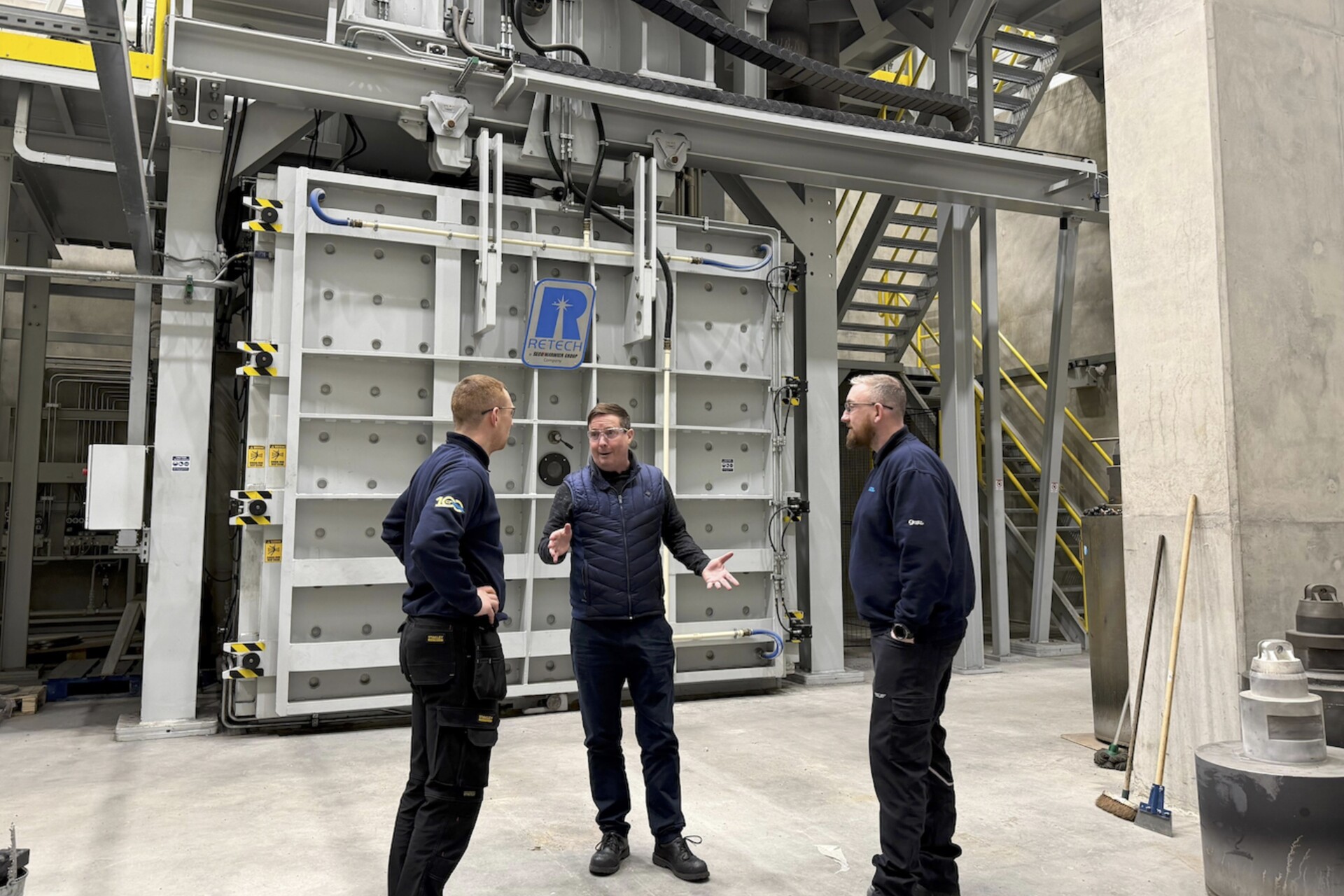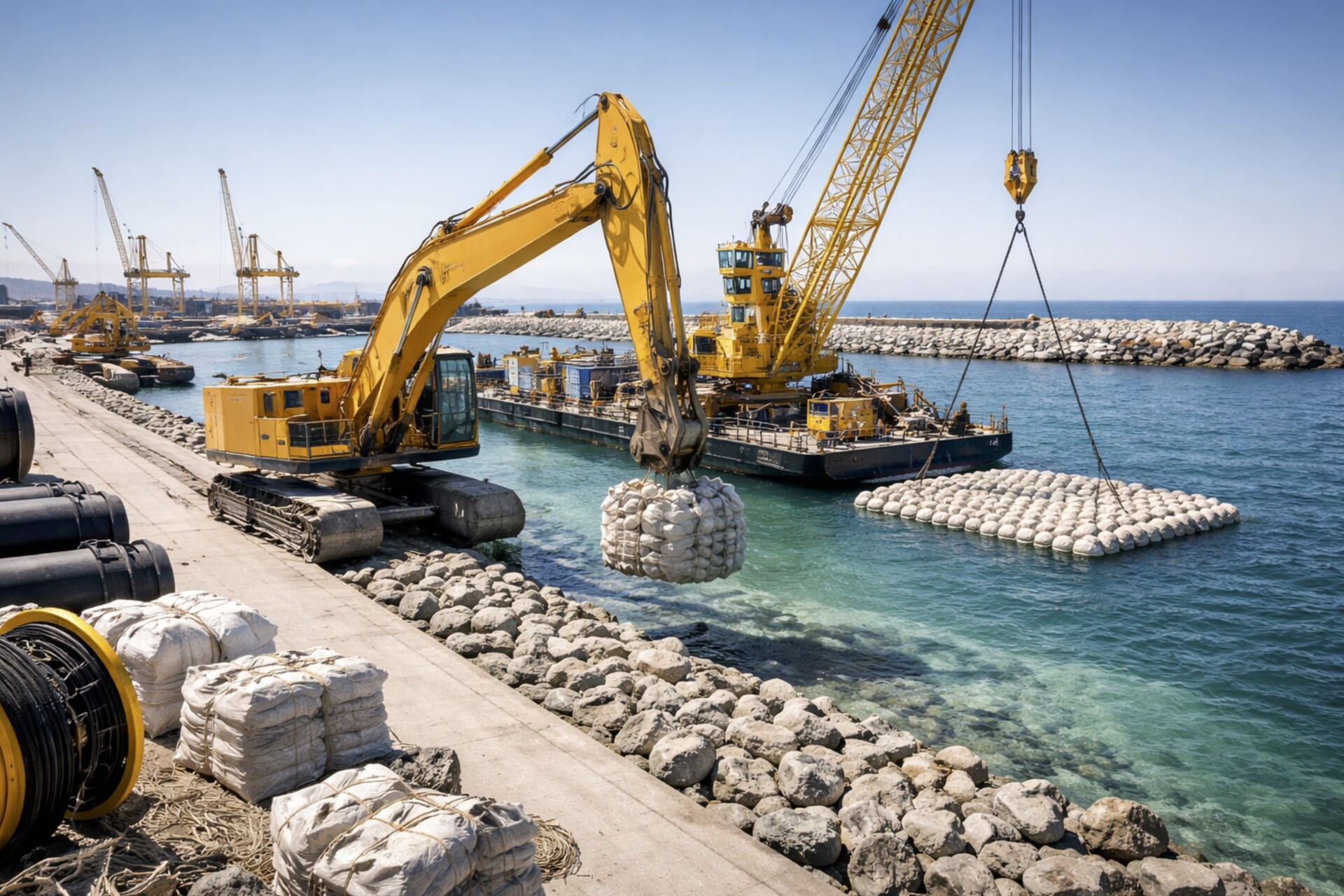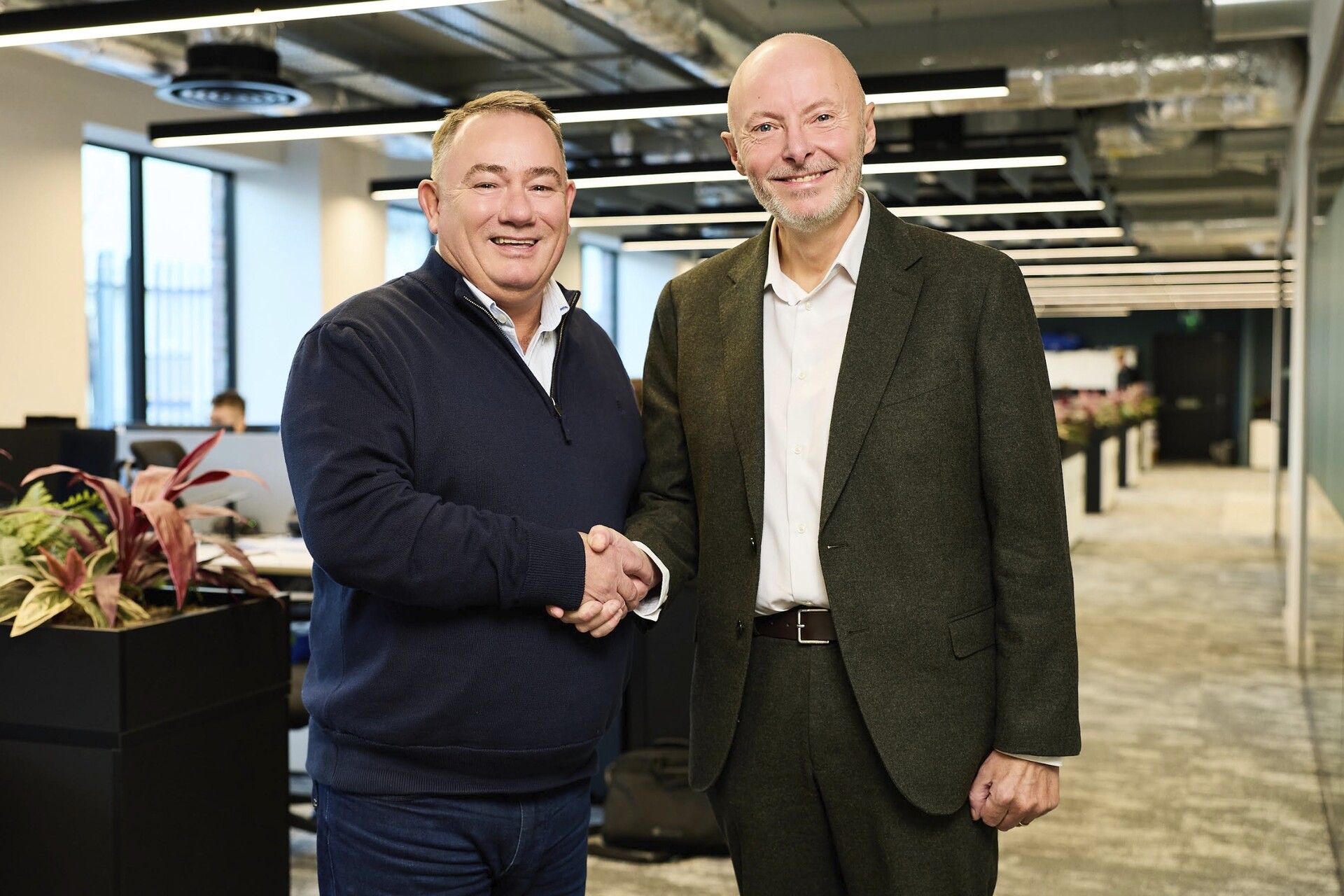Industry Trends and Challenges: Alpine Fire Leading the Way in Fire Safety Innovation

By Marie Carter-Robb • Posted in Engineering
Claire Owens, Group Managing Director, Alpine Fire, shares her insights on emerging trends in fire detection, how Alpine is driving sustainable innovation, and the importance of investing in the future engineering workforce.
60-Second Biography
I’m a strategic business leader with over 15 years of experience in scaling organisations through operational excellence and customer-centric innovation. My focus is on sustainable growth, leading high-performing teams, and delivering technical excellence in fire safety engineering. I’m passionate about maintaining industry-leading standards while helping clients navigate increasingly complex environments.
Industry Trends and Challenges
What are the most significant trends currently shaping the manufacturing and engineering industries?
The fire detection and suppression sector is undergoing rapid transformation. There’s growing demand for integrated, intelligent systems that align with sustainability goals. Clients increasingly expect eco-friendly, energy-efficient solutions that don’t compromise on safety. The boom in data centres - fuelled by AI and digital services - has also created a new frontier in specialist fire protection. Our recent acquisition of DAS Fire has strengthened Alpine’s capabilities in this critical area, enabling us to serve clients operating in highly sensitive, tech-led environments.
What are the biggest challenges facing your company, and how are you addressing them?
Like many in our field, we’re grappling with evolving regulations, heightened customer expectations, and a competitive talent market. The shortage of skilled engineers is particularly pressing. To tackle this, we’ve launched our “Grow Your Own” initiative - an in-house programme focused on recruiting, developing, and retaining engineering talent. This proactive approach ensures we maintain our technical edge and uphold our commitment to quality and innovation.
Innovation and Technology
How is Alpine leveraging technologies like automation, AI, or IoT to stay competitive?
As engineering environments become more complex, our fire safety solutions must evolve in tandem. We’re embracing automation, robotics, and digital integration, ensuring our designs account for these advancements. Our team continuously upskills to meet the demands of modern, often automated, spaces - from industrial facilities to critical infrastructure.
Can you give an example of a recent innovation and its impact on your operations?
We’ve integrated 3D scanning and laser technology into our design and installation process. This has been particularly beneficial in older or intricate buildings, where conventional measurements fall short. With these tools, we achieve pinpoint accuracy, reduce installation errors, and ensure systems are perfectly tailored to the space. The result: safer, smarter fire suppression solutions and a more efficient workflow for our engineers.
Sustainability and Environmental Impact
What steps is Alpine taking to reduce its environmental footprint?
Sustainability is a cornerstone of our operations. Our Alpine Fire Campaign promotes water conservation and recycling in fire suppression systems - areas historically known for high water usage. We’ve developed systems that minimise consumption without compromising performance. We also favour sustainable materials and actively audit our processes to identify energy-saving opportunities across the business.
How do you see sustainability influencing the future of engineering and manufacturing?
Sustainability will become a central driver of innovation. Clients and regulators alike are prioritising green engineering practices. We expect demand to grow for systems that are low-waste, low-energy, and environmentally conscious. In fire suppression, this means developing systems that use less water and fewer resources while offering robust protection. At Alpine, we’re committed to leading this transition.
Workforce Development and Skills
What skills will be most critical for the future engineering workforce?
Agility is key. While core engineering skills remain essential, the ability to adapt to new technologies, tools, and systems is now a must. At Alpine, we invest in both seasoned professionals and new talent - creating a dynamic team with deep expertise and fresh perspectives. It’s this blend that will drive the sector forward.
How is Alpine investing in workforce development?
The engineering sector is facing a skills shortfall, with a significant portion of the workforce set to retire in the next decade. Our “Grow Your Own” programme addresses this head-on by nurturing talent from within. Through mentoring, hands-on training, and structured development, we’re building a sustainable pipeline of future-ready engineers.
Globalisation and Supply Chain Management
How has globalisation affected Alpine, and how do you mitigate supply chain risks?
Global supply chains come with benefits and risks - from material availability to geopolitical uncertainty. We’ve seen cost fluctuations and delays in sourcing key components. To manage this, we’ve built a diverse, resilient supplier network and prioritise long-term partnerships over transactional relationships. This gives us flexibility and continuity even when global conditions shift.
What strategies are in place to ensure supply chain resilience?
Our approach is rooted in collaboration and diversification. We work closely with suppliers to ensure alignment on quality, timelines, and values. By not relying too heavily on any one region or provider, we reduce risk and remain adaptable - key to maintaining service excellence for our clients.
Leadership and Business Strategy
How do you foster a culture of innovation and continuous improvement?
It starts with values. Alpine is built on seven core principles: People-Focused, Integrity, Teamwork, Customer Service, Humility, Expertise, and Dedication. These values underpin our operations and shape our culture. We encourage open dialogue, continuous learning, and cross-functional collaboration - ensuring everyone contributes to our innovation journey.
What’s your vision for Alpine Fire, and how will you achieve it?
Our goal is to be the leading provider of fire detection and suppression solutions for complex environments - known for our expertise, integrity, and innovation. Strategic acquisitions, like DAS Fire, allow us to expand our specialisms and geographic reach. We’ll continue investing in technology, sustainability, and people - ensuring Alpine remains at the forefront of fire engineering in the UK and beyond.




